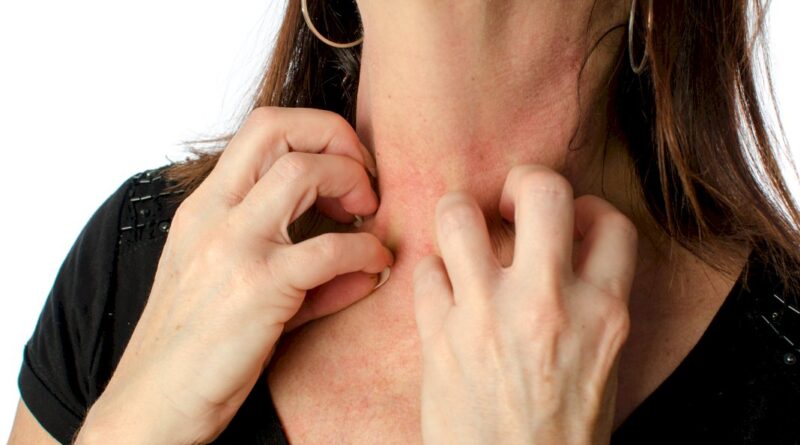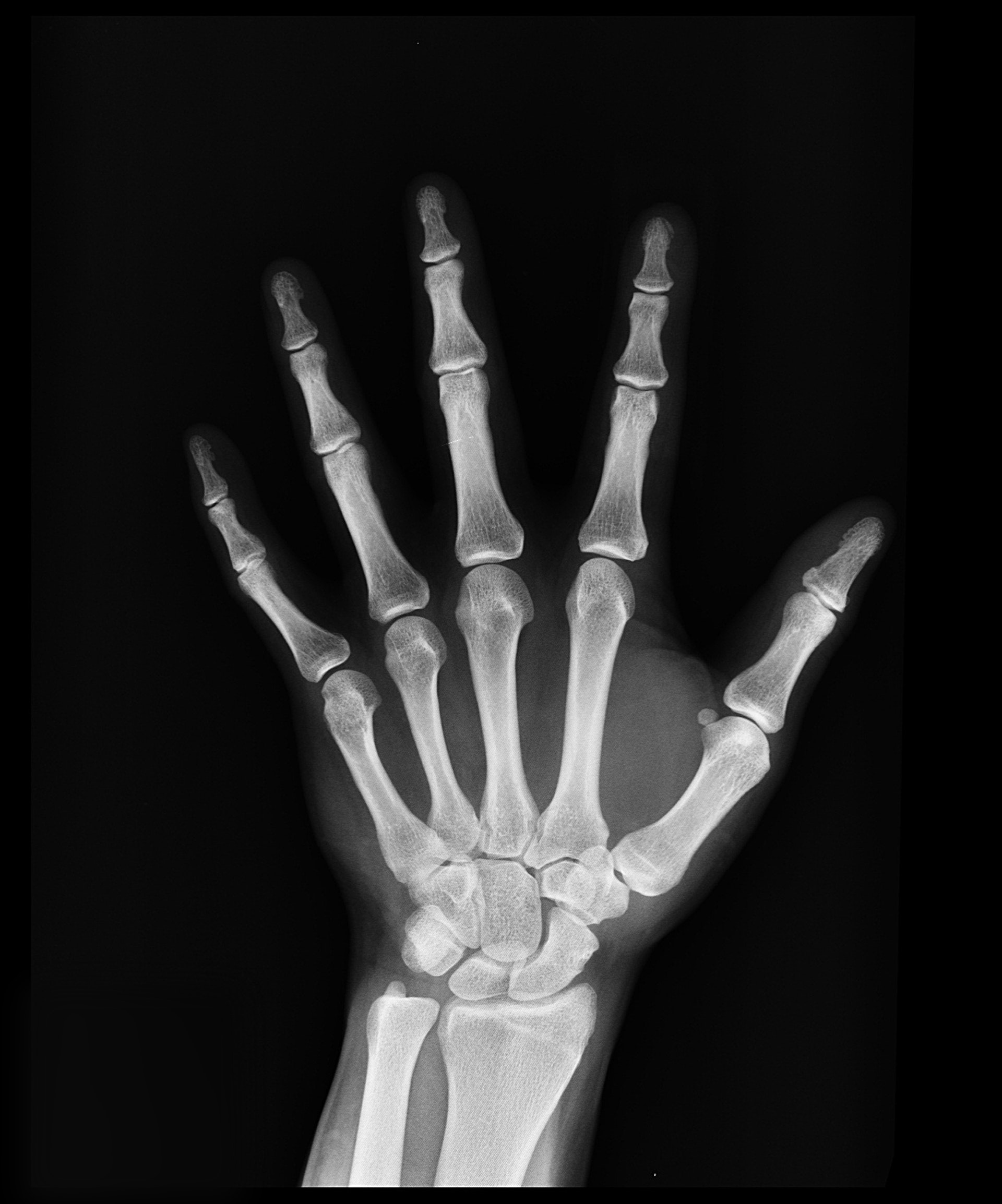How to Soothe the Eczema Itch?
Eczema is a skin condition that can cause a great deal of discomfort. The itchy, dry skin can make life miserable for those who suffer from it. While there is no cure for eczema, there are ways to soothe the itch and improve the quality of life for those with it. Here are seven tips on how to soothe the eczema itch.
1. Use Sulphur Soap for Baths and Showers
Sulphur soap can provide some relief. Sulphur is a natural element used to treat skin conditions for centuries. It helps dry out the skin and kill bacteria, reducing inflammation and itching. You can find sulphur soap at most health food stores.
Sulphur soap price usually ranges around $5 or â±250-â±300. Hence, it is not costly, and you can easily find it in a local or online shop. To use it, simply wet the bar and massage it into your skin during your regular bath or shower. Rinse off thoroughly and pat your skin dry. You may need to experiment with different brands of sulphur soap to find one that works well for you, but once you do, you’ll be able to enjoy some much-needed relief from the itch of eczema.
2. Apply a Steroid Cream or Ointment
Atopic dermatitis, also known as eczema, is a chronic skin condition that causes the skin to become dry, itchy, and inflamed. While there is no cure for eczema, there are treatments that can help to relieve the symptoms. One such treatment is the use of steroid creams or ointments. These medications work by reducing inflammation and soothing the itch often associated with eczema. You can order products online from Canadian Online Pharmacy to ensure you maintain your supplies. It’s always important to check that a product is safe for you to use before you start using it.
Steroid creams or ointments should be applied to the affected area two to three times per day. It is important to follow the instructions on the package carefully, as too many of these medications can cause more irritation. Please consult your healthcare provider if you are unsure how to properly use a steroid cream or ointment.
3. Try an Anti-Itch Cream
If you’ve ever tried to scratch it, you know that only makes it worse. So what can you do? Trying an anti-itch cream may be the answer. These creams work by a variety of mechanisms.
Some contain cooling agents that help soothe the skin and relieve the itch. Others contain ingredients that help to restore the skin barrier, which can help to prevent further moisture loss and irritation. And still, others contain anti-inflammatory agents that can help to reduce swelling and redness.
4. Use Moisturizing Creams and Lotions
While there is no cure for eczema, there are ways to soothe the itch and help keep your skin moisturized. One of the best ways to do this is to use a moisturizing cream or lotion. These products work by trapping moisture in the skin, which can help to reduce inflammation and irritation.

In addition, moisturizing creams and lotions can provide a barrier against irritants and allergens. If you suffer from eczema, be sure to choose a hypoallergenic and fragrance-free product.
5. Wear Loose-Fitting Clothing
According to the National Eczema Association, clothing is one of the most important factors in managing eczema.
- People with eczema often find tight-fitting or scratchy clothing can exacerbate their symptoms, leading to itchiness and discomfort.
- Instead, it’s best to wear loose-fitting, soft clothing made from natural fibers like cotton.
- This will help to soothe the skin and prevent further irritation. In addition, avoid wearing wool or other rough fabrics next to the skin.
- And be sure to wash new clothing before wearing it, as this will remove any harsh chemicals that could trigger a flare-up.
6. Try Relaxation Techniques
Relaxation techniques can help reduce stress, triggering or worsening eczema flares. They can also help to ease the itch. Many relaxation techniques can be helpful, including progressive muscle relaxation, meditation, and deep breathing exercises.
Some people find it helpful to listen to soothing music or nature sounds. Finding the relaxation technique that works best for you may take some trial and error, but it is worth exploring different options to see what works best for you.
7. Speak to Your Doctor
If you are dealing with eczema, you must speak to your doctor about your symptoms and treatment options. In some cases, over-the-counter antihistamines may be recommended to help relieve itchiness.
For more severe cases of eczema, prescription medications may be necessary. These can include topical corticosteroids or immunosuppressants. In addition to medication, your doctor may also recommend making lifestyle changes, such as using mild soaps or avoiding triggers, such as allergens or irritants.
There are many ways to soothe the itch associated with eczema. Moisturizing creams and lotions can help trap moisture in the skin, reducing irritation. Wearing loose-fitting, soft clothing made from natural fibers can also help to keep the skin comfortable. In addition, relaxation techniques can help reduce stress, triggering eczema flares. If you are dealing with eczema, speak to your doctor about your symptoms and treatment options.



